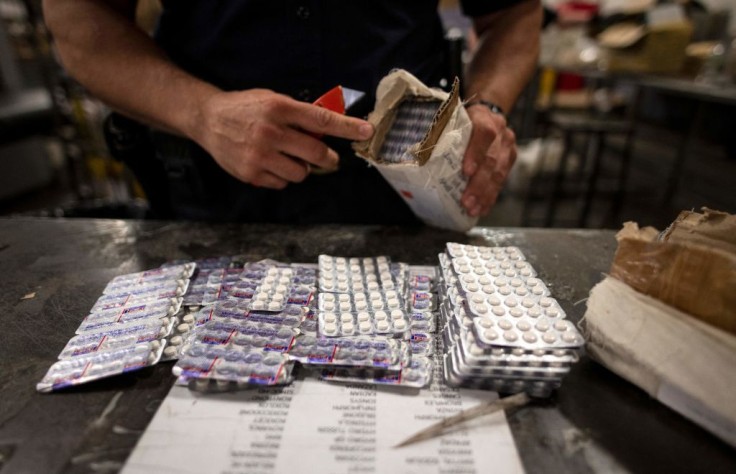
In a significant breakthrough, medical experts have initiated a crucial investigation into a potential new syndrome affecting newborns exposed to fentanyl during pregnancy.
At least 10 infants, and possibly more, have been identified with distinctive birth defects, raising concerns about the impact of fentanyl-related pregnancy complications.
Unraveling the Disturbing Pattern of Birth Defects From Fentanyl Exposure
Medical professionals, led by genetic counselor Erin Wadman and her colleagues at Nemours Children's Health, have uncovered a perplexing pattern among infants born with birth defects.
These newborns, hailing from various regions, exhibited strikingly similar physical anomalies, including cleft palates, unusually small heads, and other distinctive features.
The shared characteristics have led experts to believe they may be on the brink of identifying a new syndrome related to fentanyl exposure in the womb.
The infants, identified in Delaware, California, Massachusetts, and Rhode Island, were born to mothers who admitted to using street drugs, particularly fentanyl, during their pregnancies.
The birth defects observed in these infants go beyond the typical impact of drug exposure, prompting an urgent need for further investigation into the correlation between fentanyl exposure and the emergence of this new syndrome.
While drawing parallels to a syndrome called Smith-Lemli-Opitz, researchers found that none of the infants had the associated genetic variants.
Instead, the Nemours team suspects that fentanyl may disrupt cholesterol metabolism during pregnancy, leading to the observed birth defects.
Although not directly tested, the biologically plausible link between fentanyl and cholesterol metabolism disruptions is outlined in a recent report, indicating the need for further comprehensive studies to confirm these findings.
The infants tested positive for fentanyl exposure at birth, but researchers suspect that they were exposed to significant amounts of the drug throughout the entire pregnancy.
This exposure could be a potential factor contributing to the birth defects observed in these infants.
Ongoing Research and the Search for Answers
Despite the initial findings, caution is warranted as researchers explore various potential causes, including other street drugs or contaminants in the fentanyl supply.
Ongoing research at the University of Nebraska Medical Center aims to provide answers to critical questions regarding the underlying cause, the quantity of fentanyl exposure, possible genetic interactions, and why only some exposed babies develop defects.
Dr. Karoly Mirnics, the director of UNMC's Munroe-Meyer Institute, is dedicated to studying the impact of various drugs on cholesterol metabolism.
His research will delve into whether the underlying cause is fentanyl or some form of contamination, the impact of varying fentanyl exposure levels on the fetus, and the potential interaction between the drug and the genetics of either the mother or the baby.
Implications for Maternal Health and Future Research
While fentanyl use has surged in recent years, even among pregnant women, there is currently no indication that overall rates of birth defects are rising.
However, the findings from Nemours have prompted experts to reevaluate cases of newborns with similar birth defects, potentially linked to maternal exposure to fentanyl or other substances.
The research underscores the importance of systematic investigations into the impact of fentanyl-related pregnancy complications.
As researchers continue to follow the infants over time, the hope is to unravel the mystery surrounding the potential genetic risks that may make certain newborns more susceptible to in utero fentanyl exposure.
The discovery of a potential new syndrome linked to fentanyl exposure during pregnancy raises critical questions about the long-term impact of the opioid crisis on maternal and infant health. The ongoing investigations aim to shed light on the complex relationship between fentanyl exposure, birth defects, and the need for informed maternal care to mitigate potential risks.